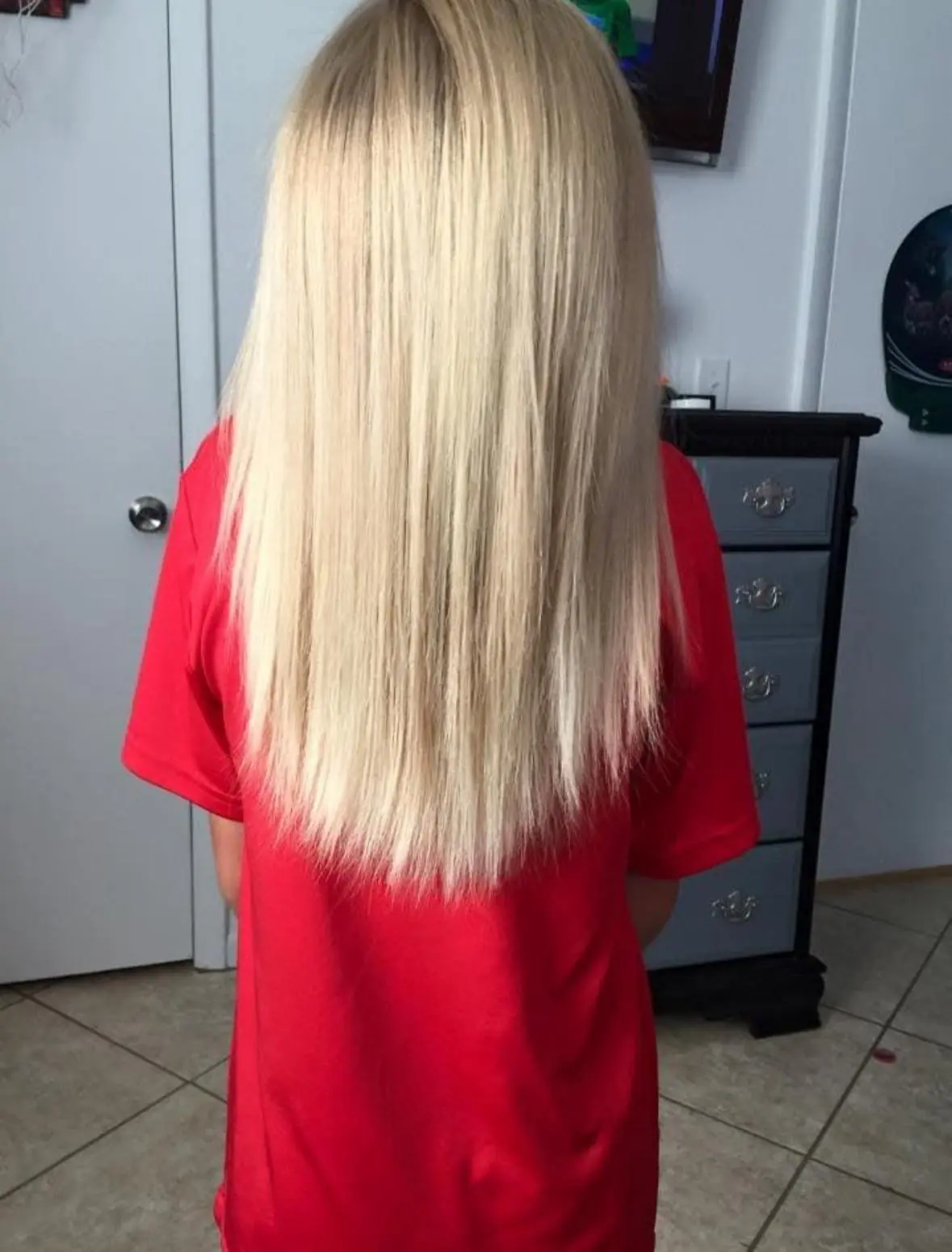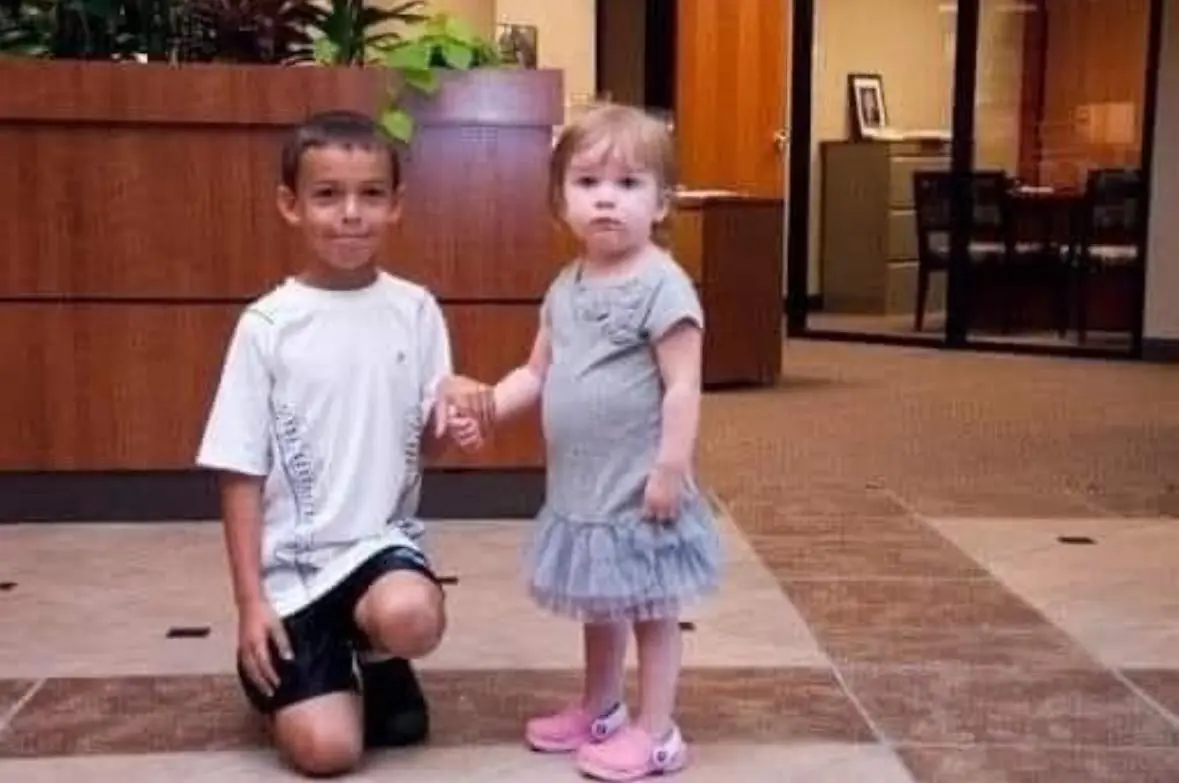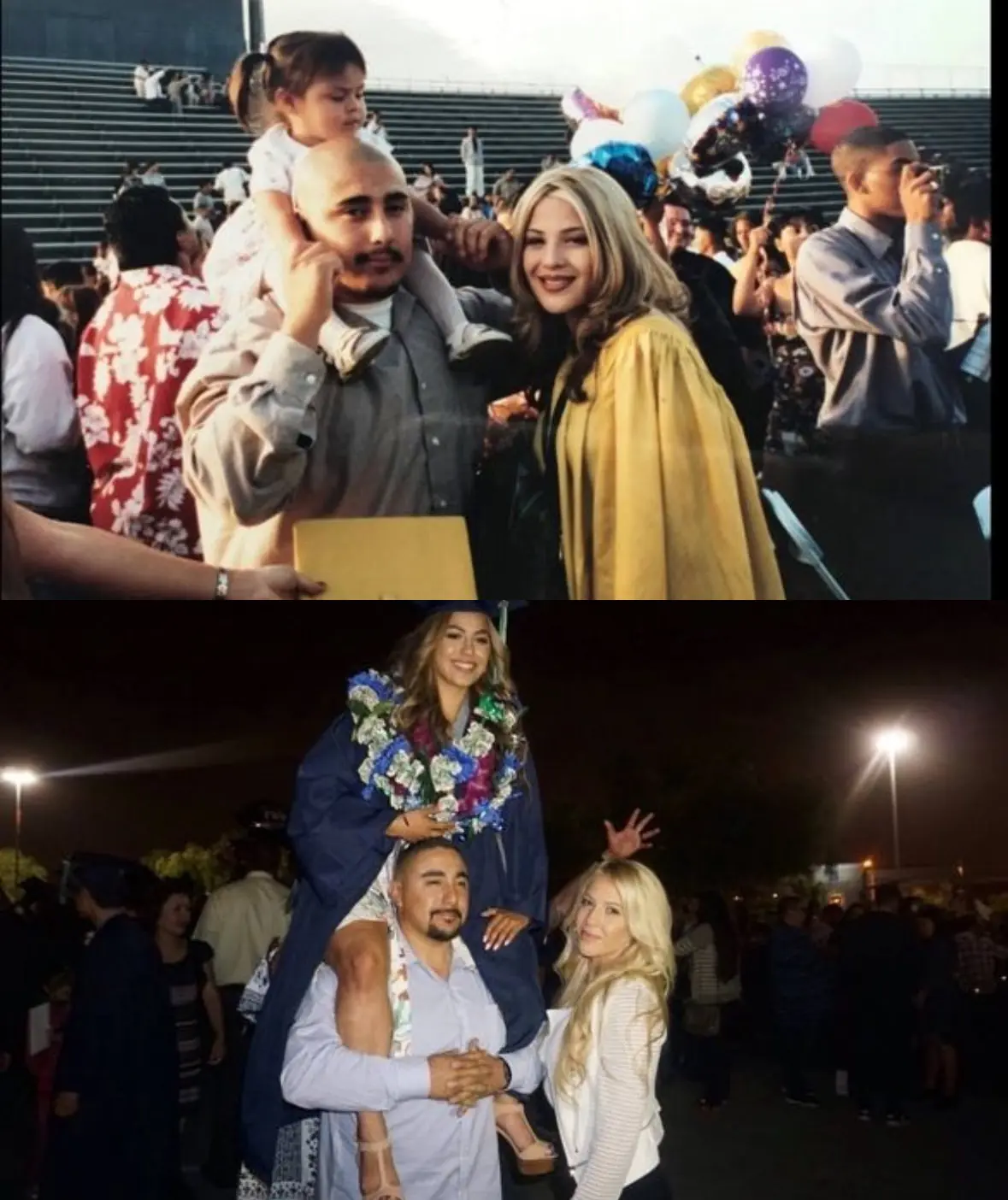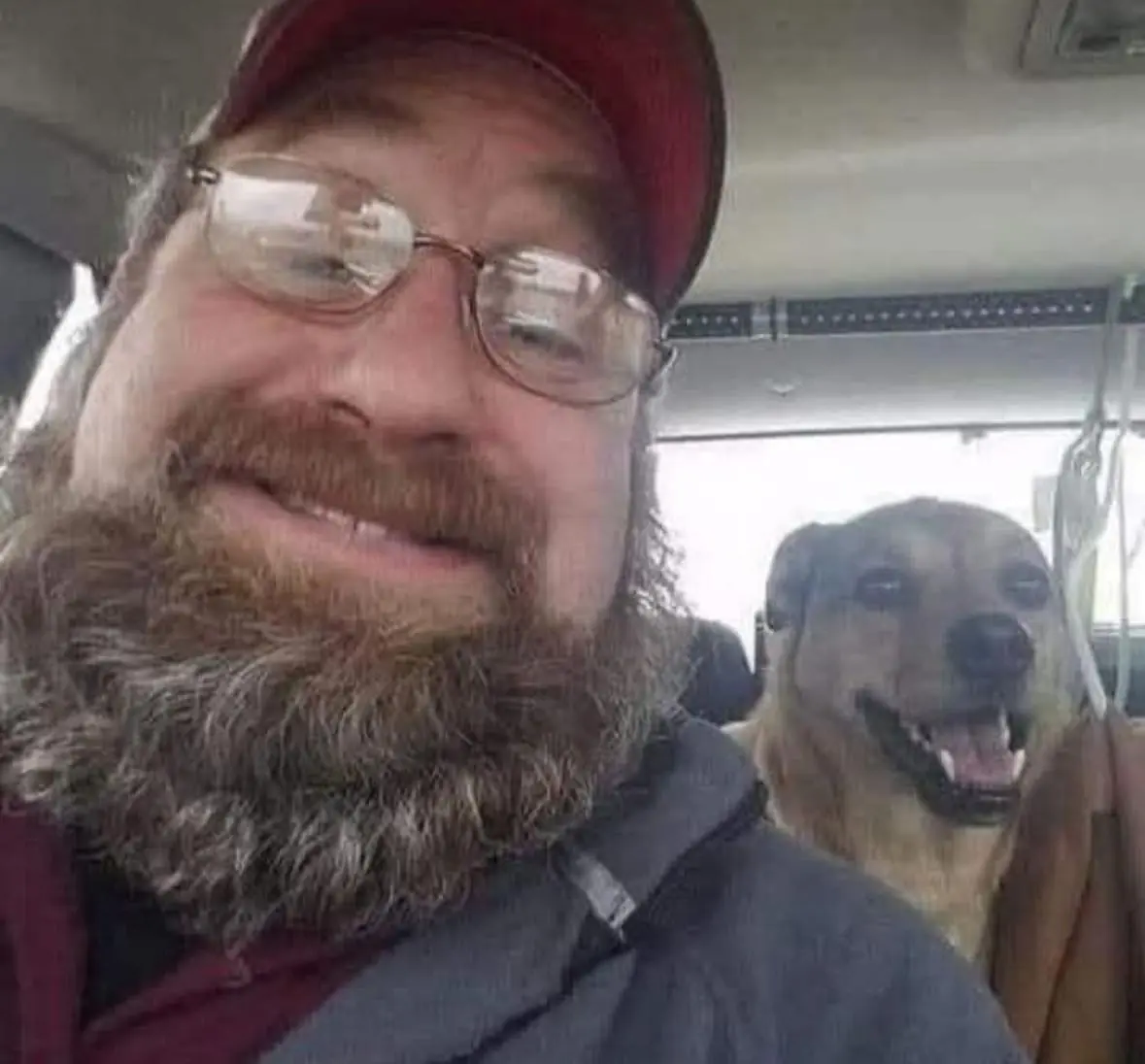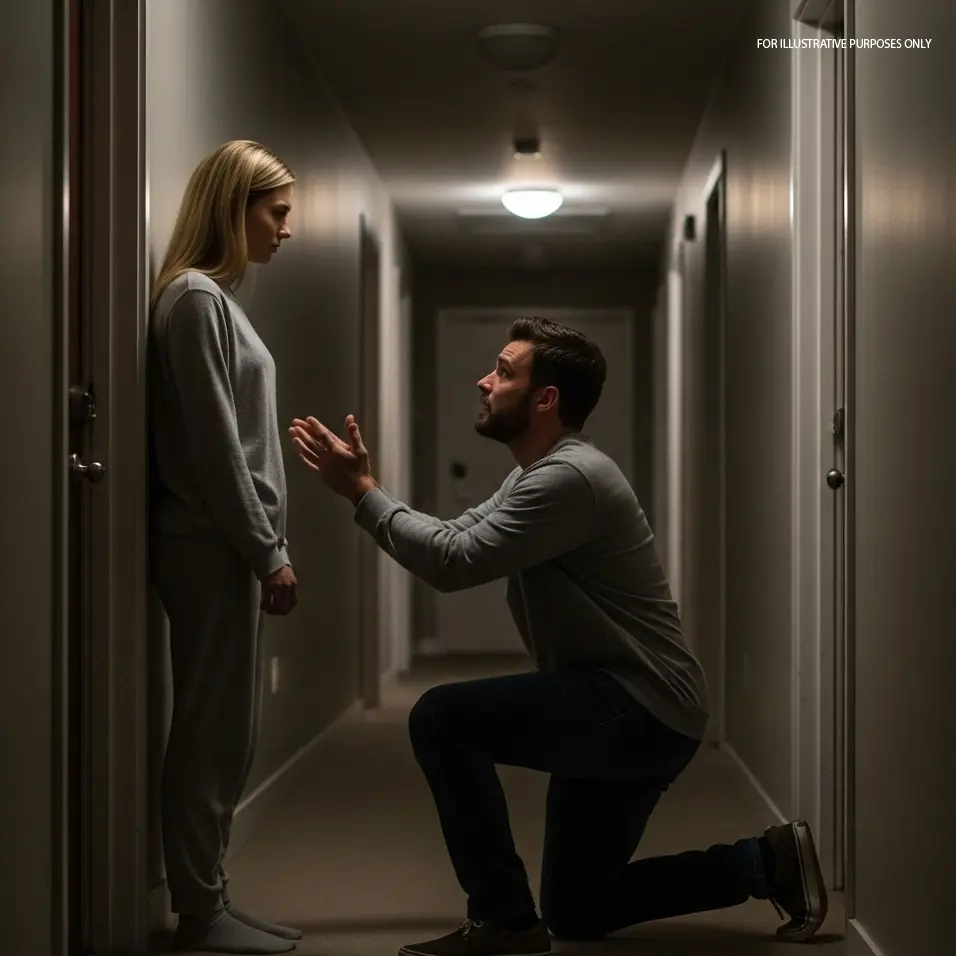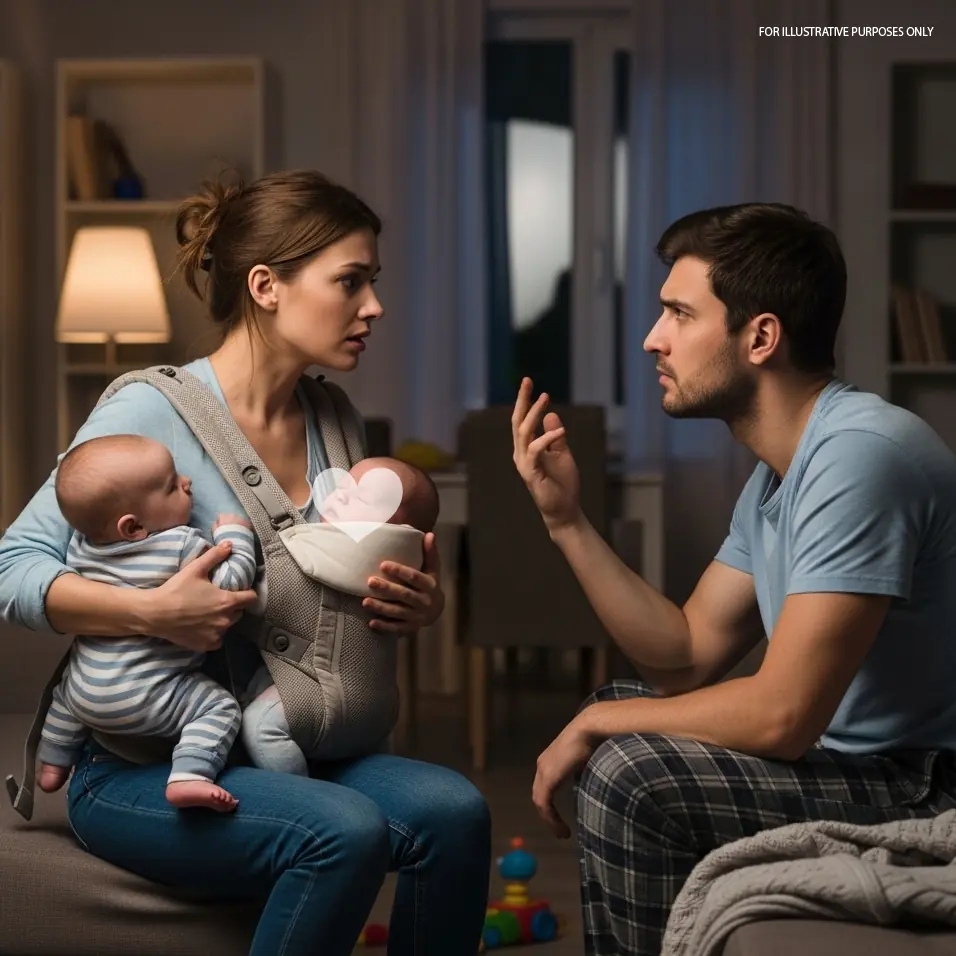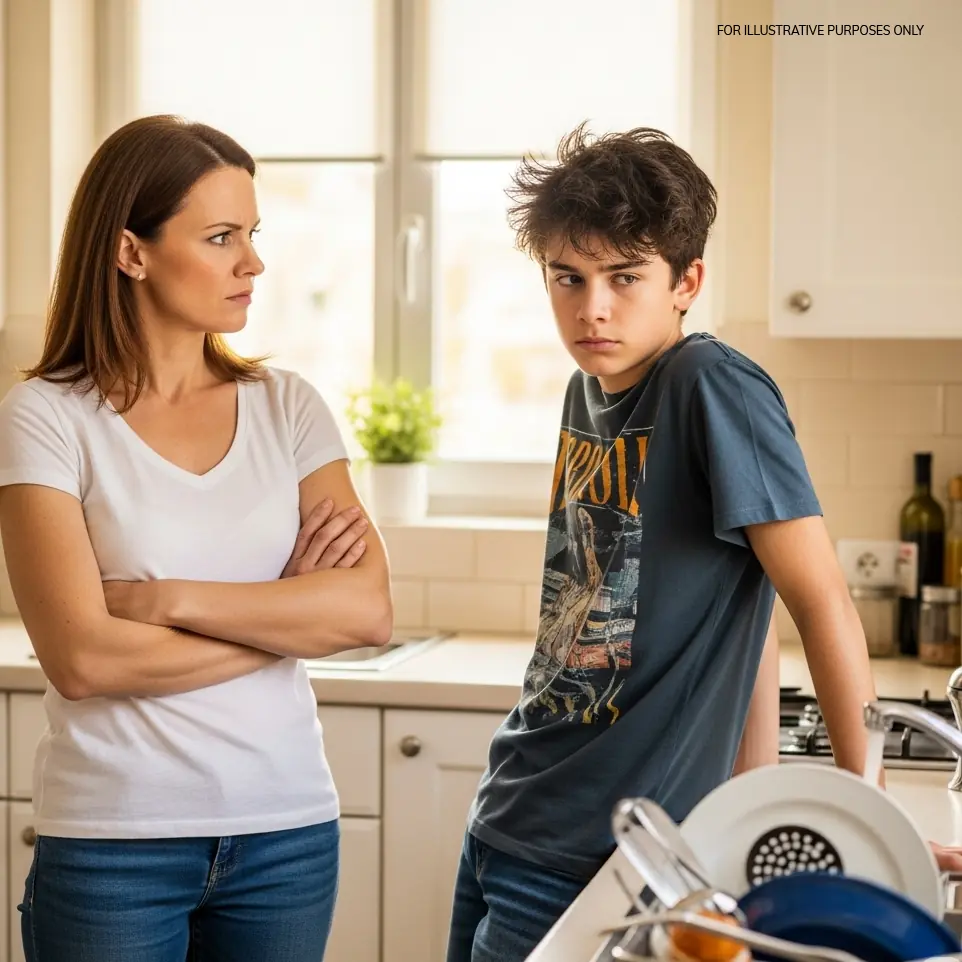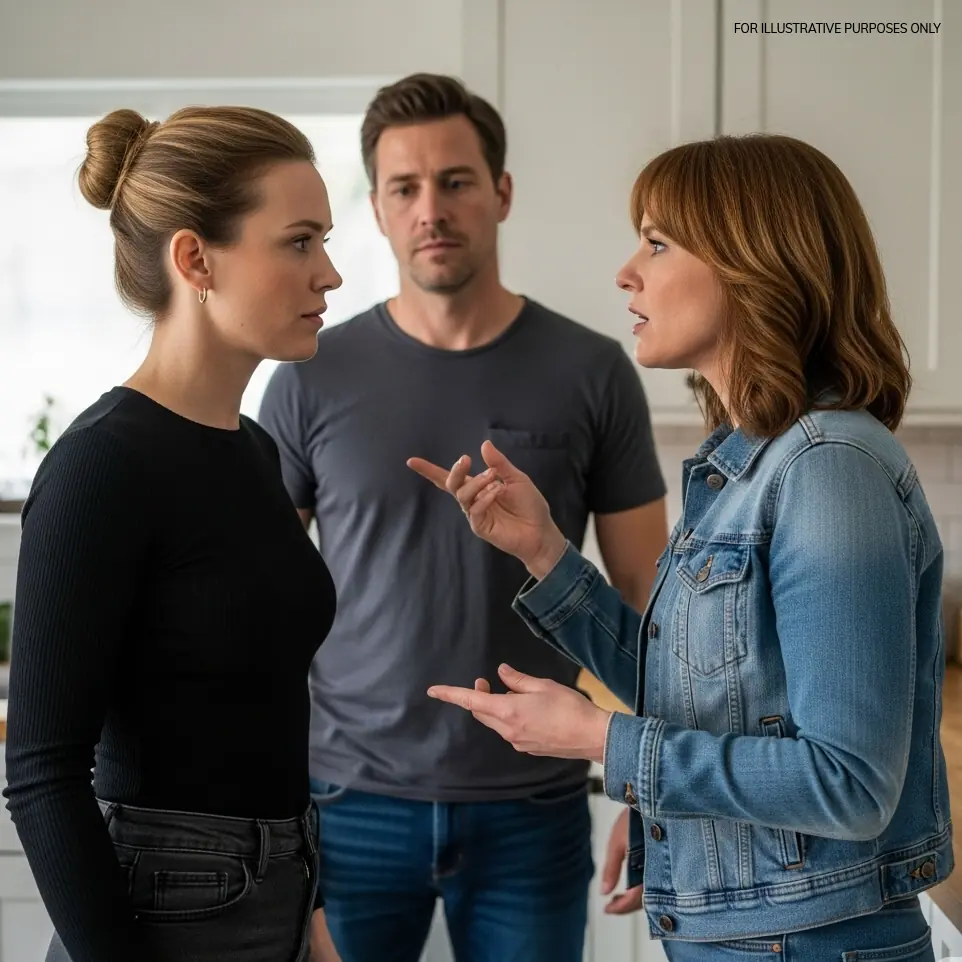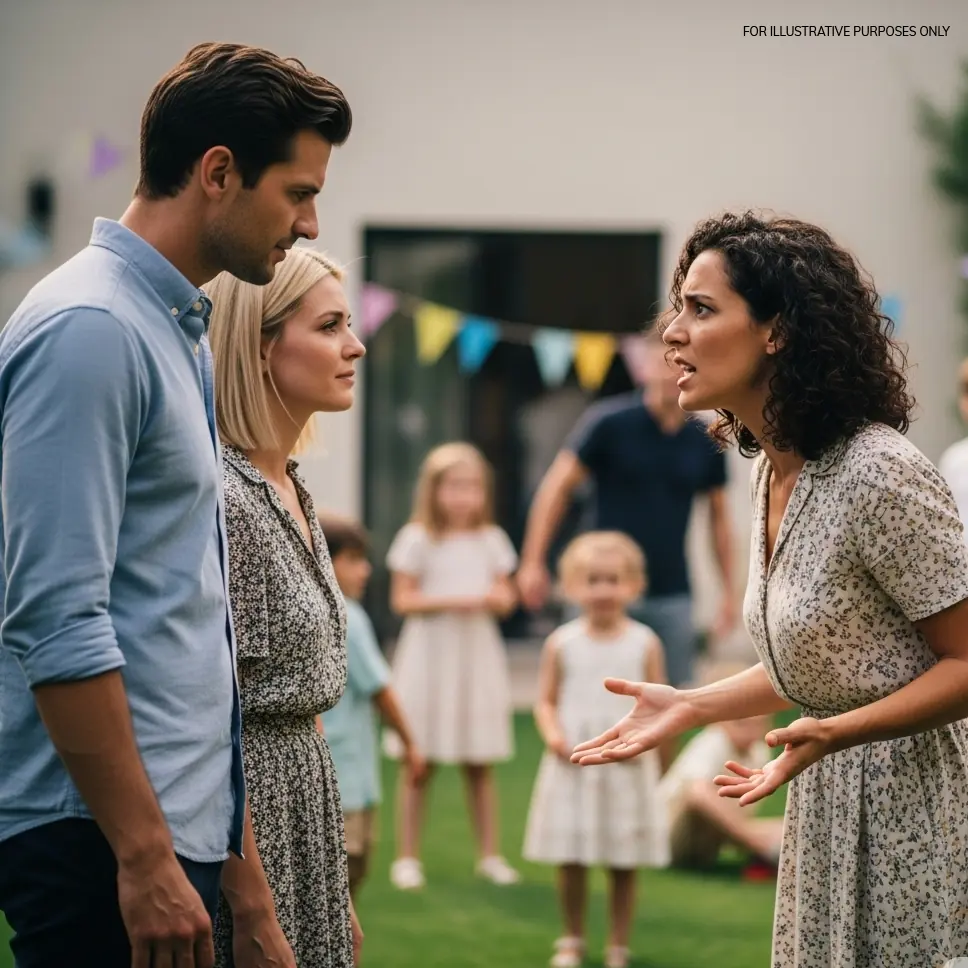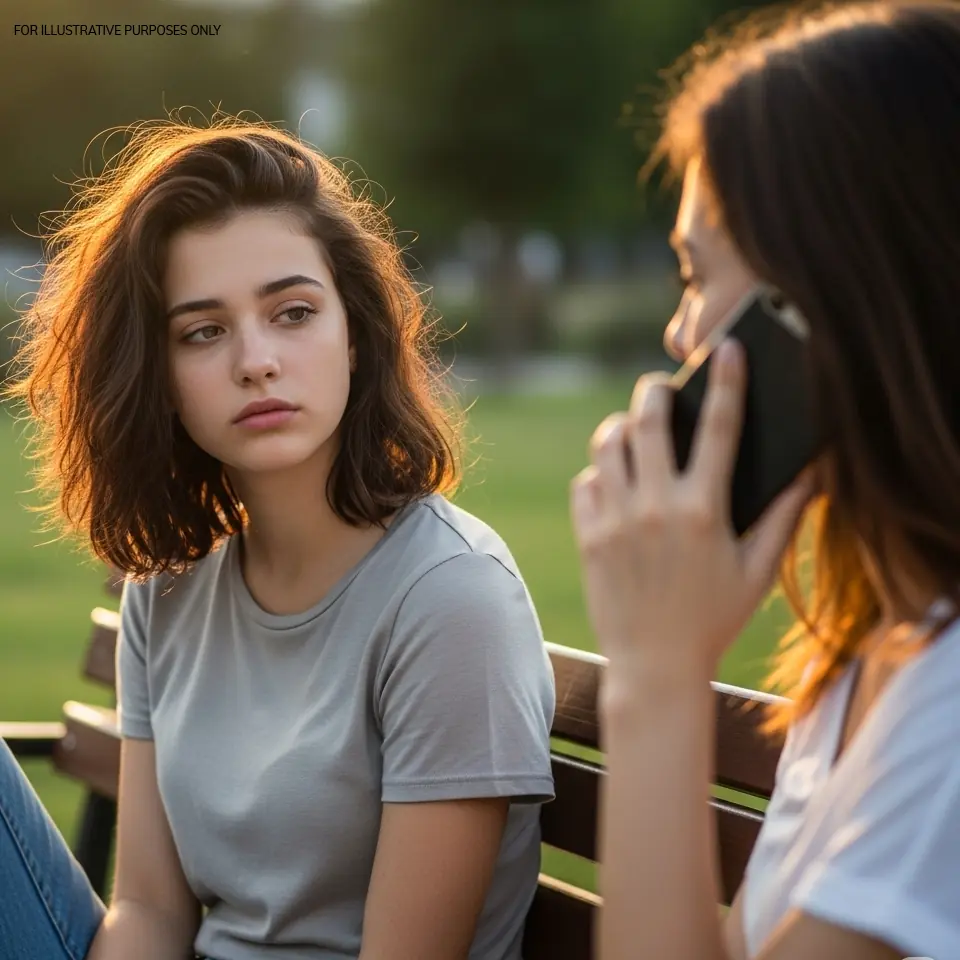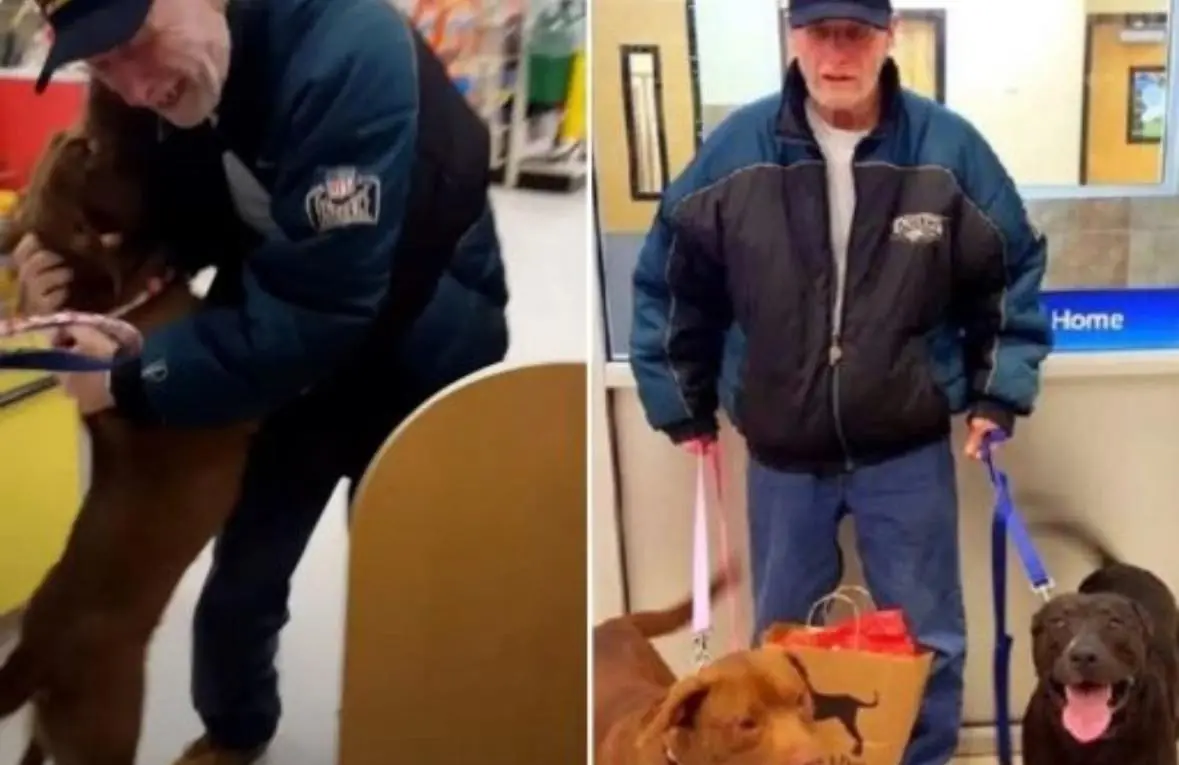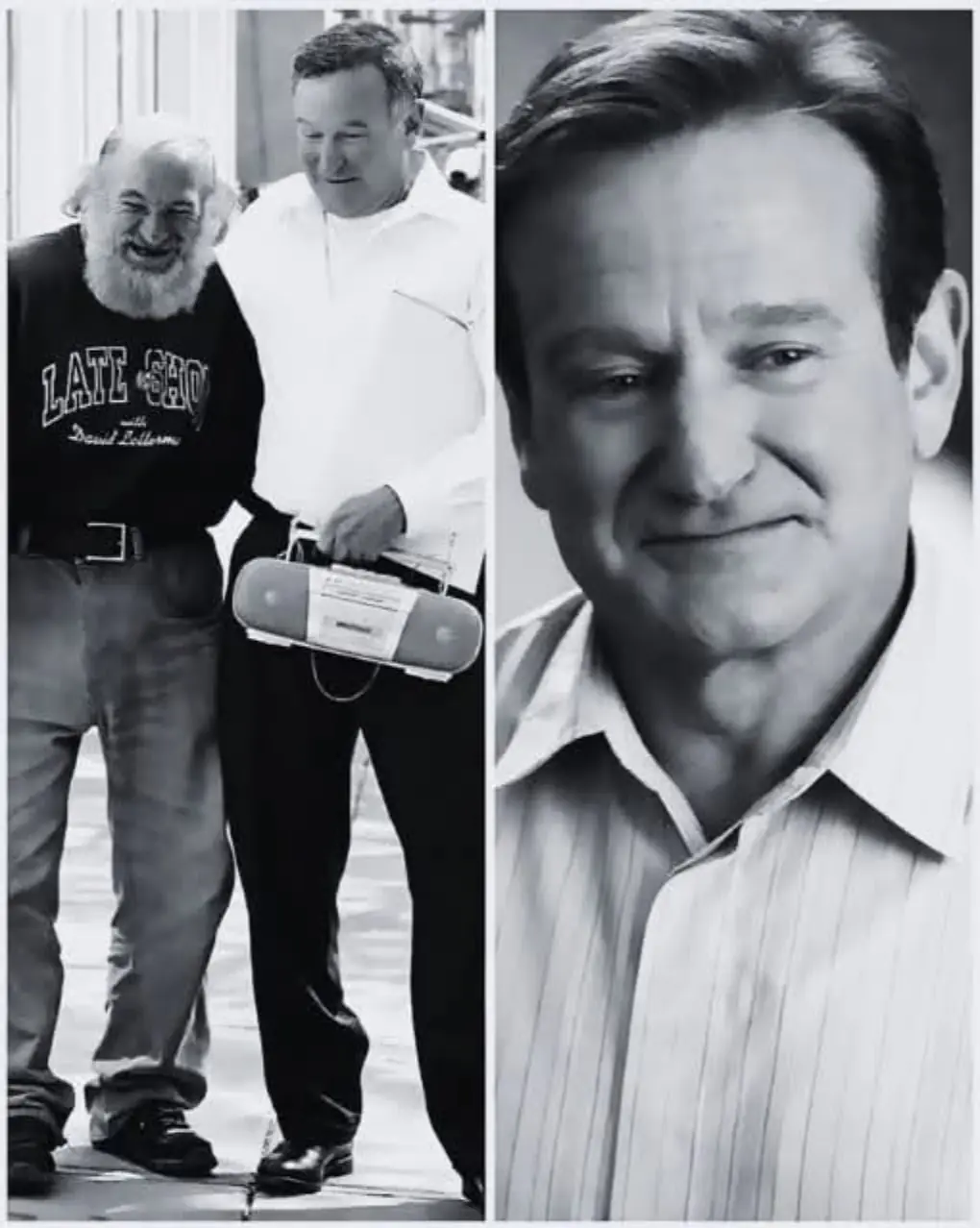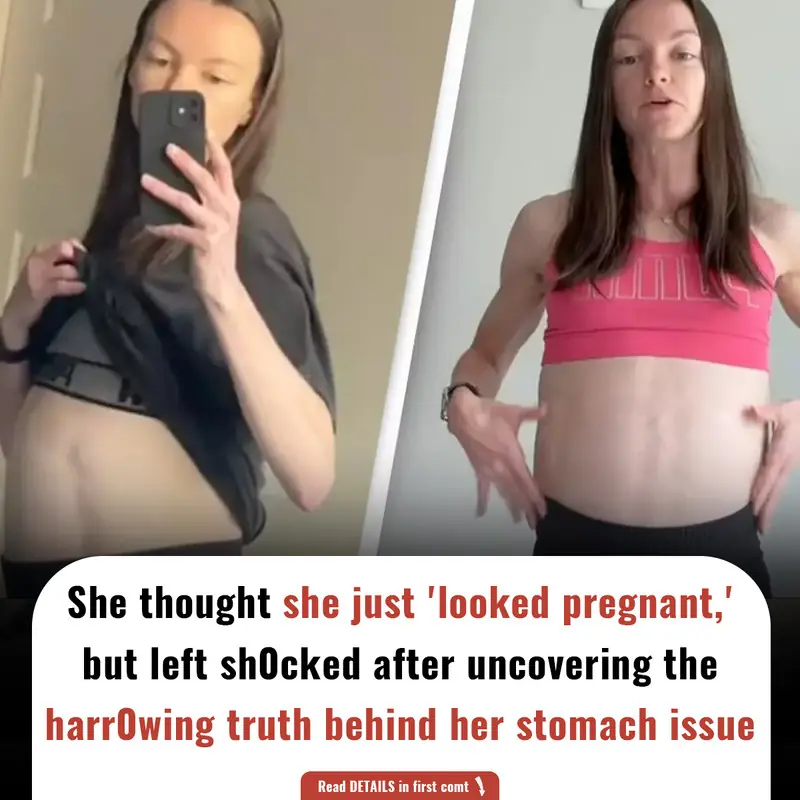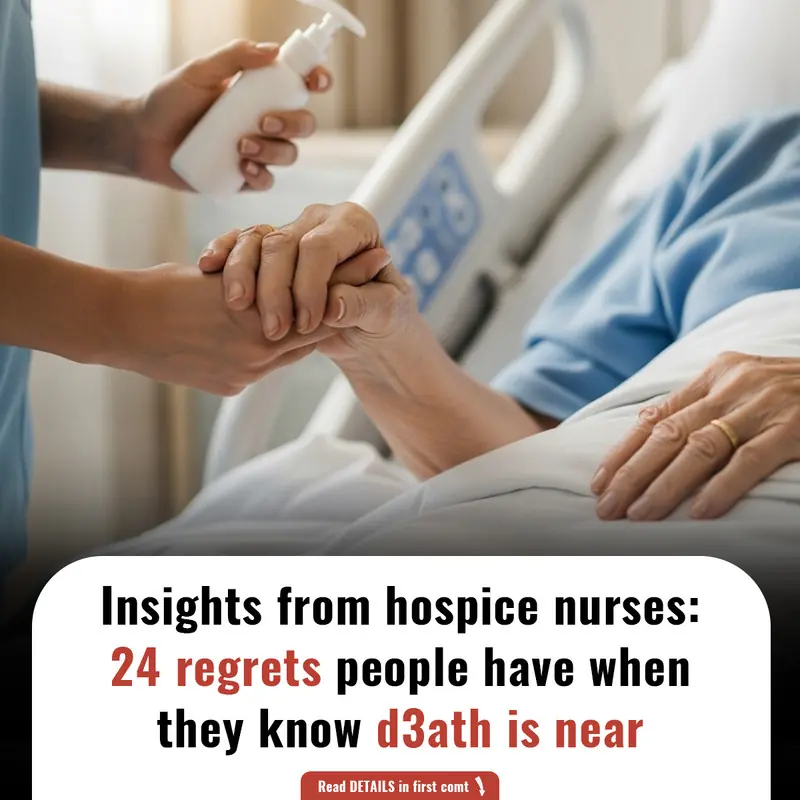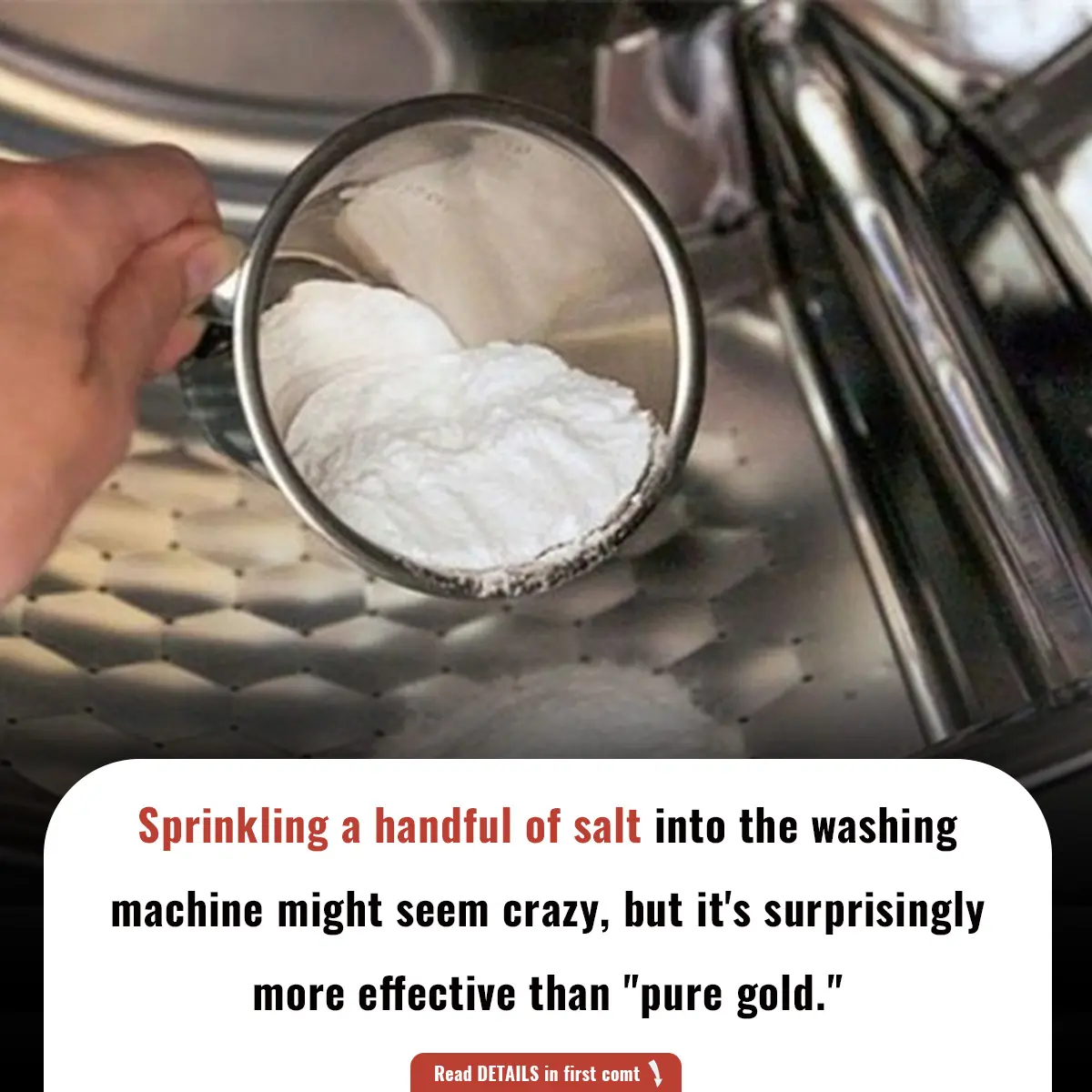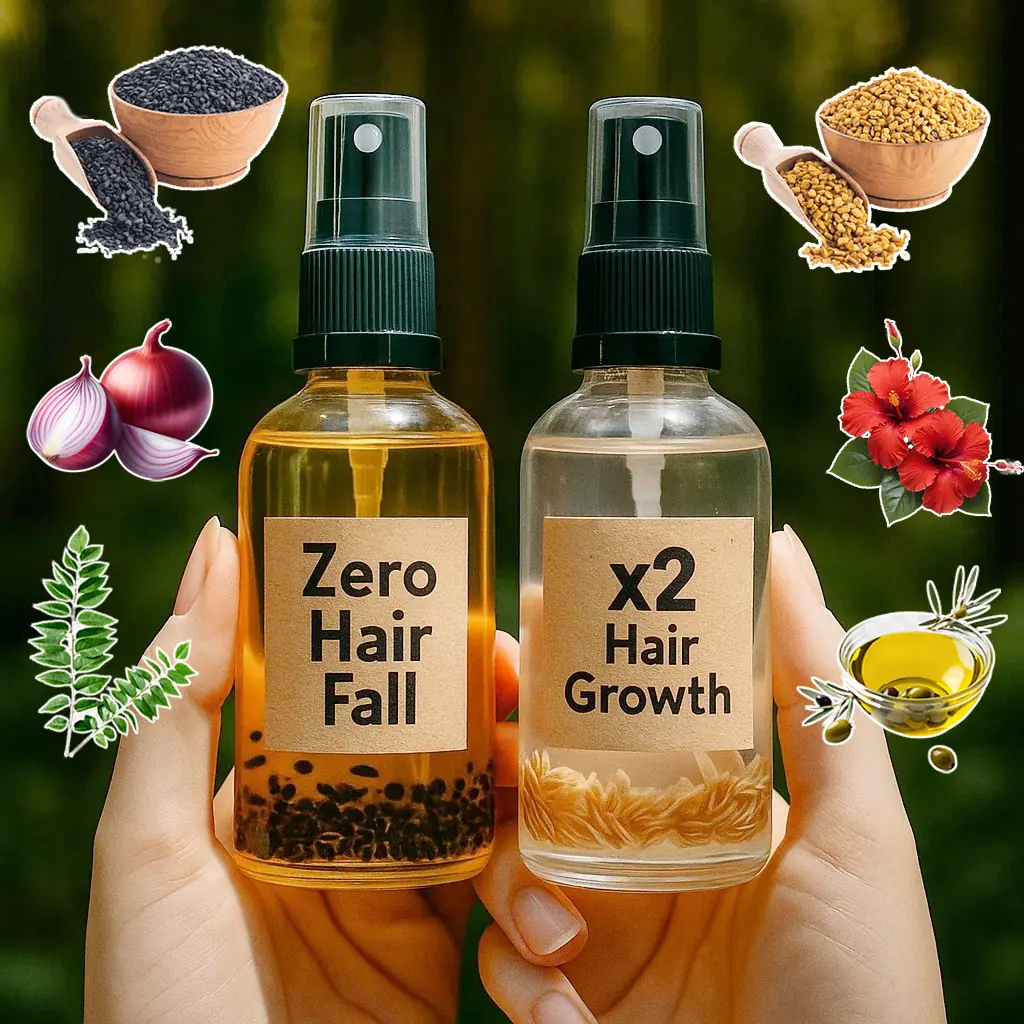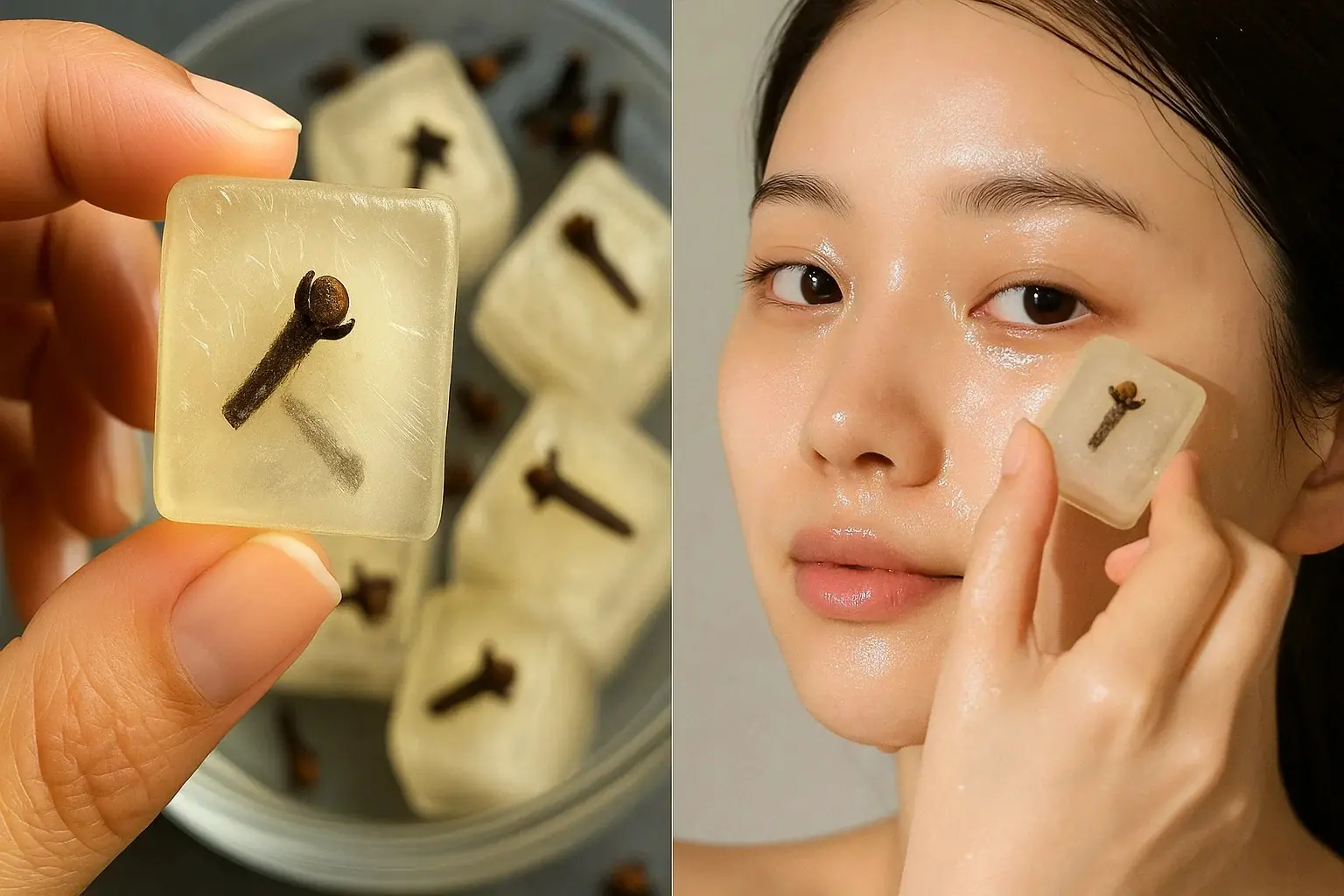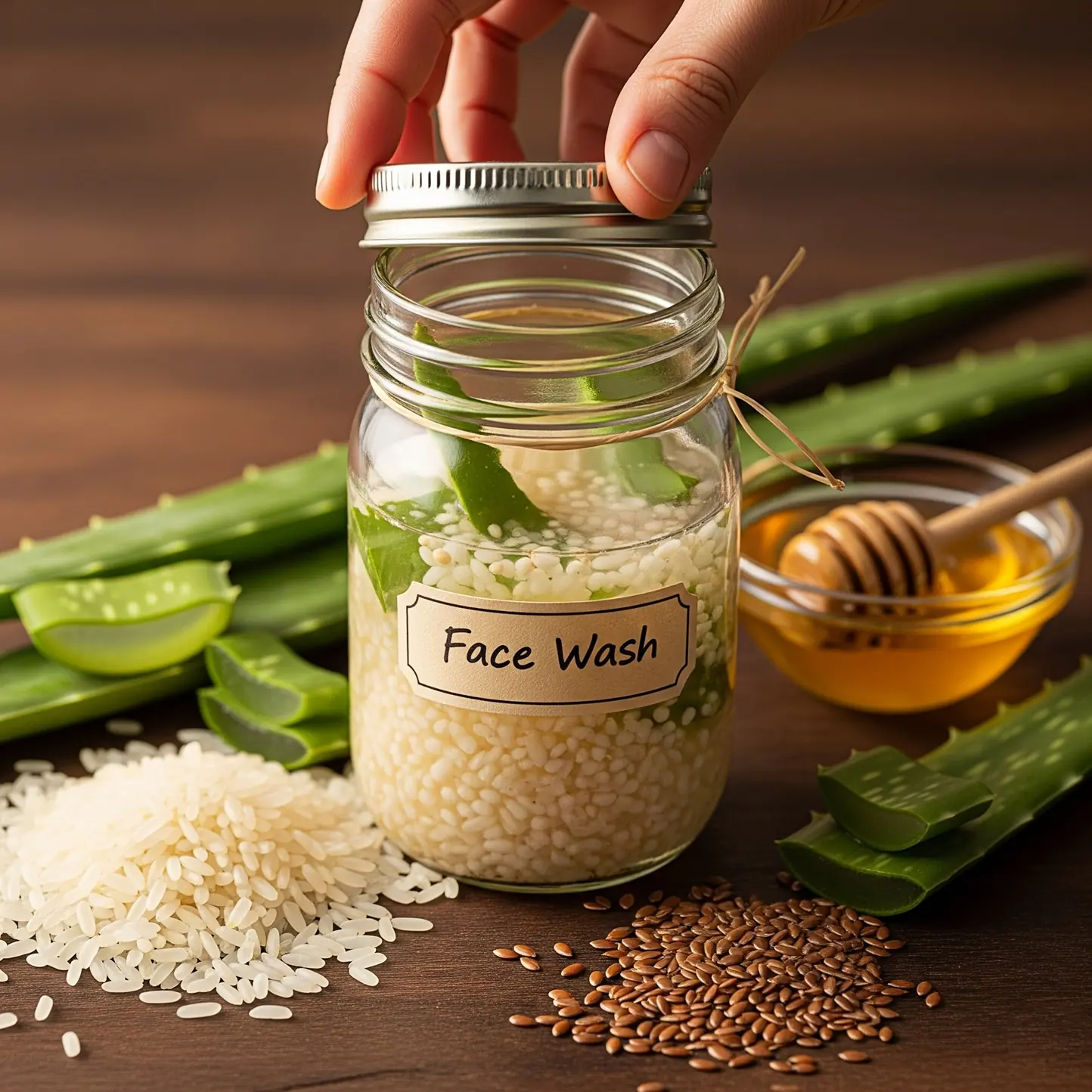After years of supporting her family, Amina decides to set boundaries and choose herself over others’ expectations. This powerful story about love, sacrifice, and self-care will leave you questioning your own limits.
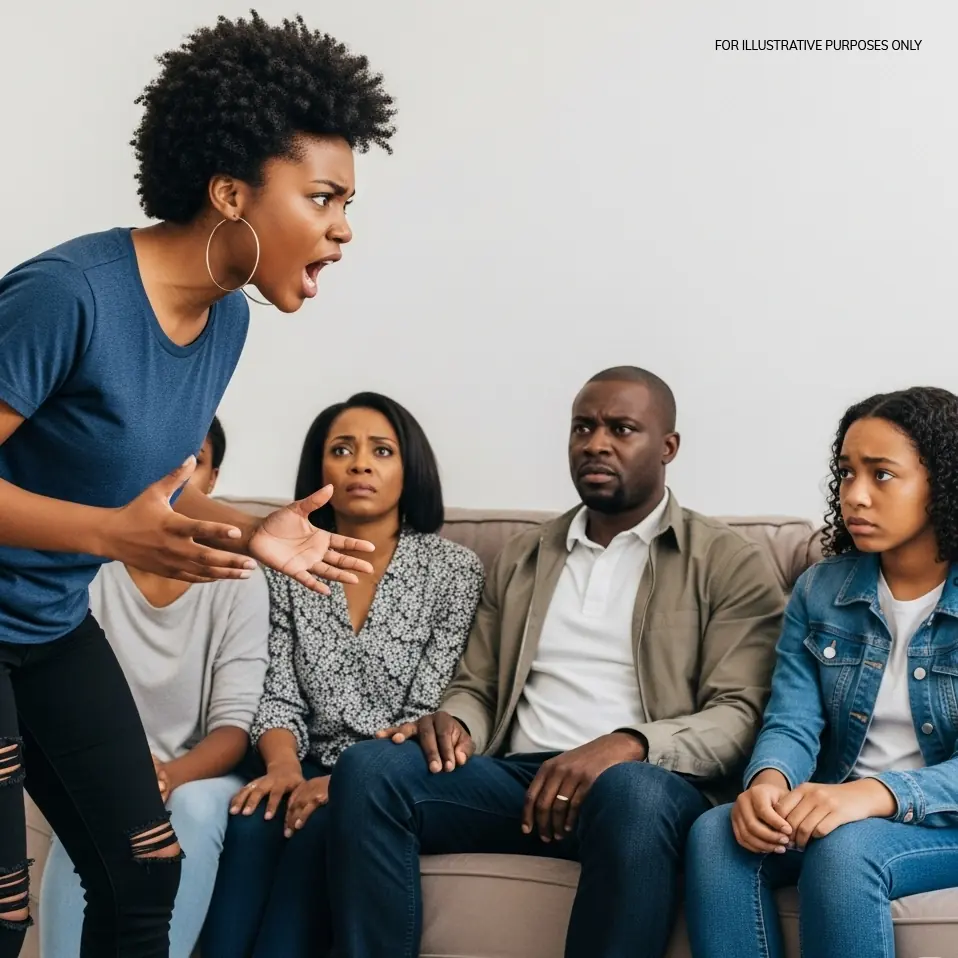
The Battle Between Duty and Self: Choosing Myself Over Family Expectations
My name is Amina. I'm 28 years old, a teacher by profession, and I come from a tight-knit family where culture, responsibility, and expectations weigh heavily on my shoulders. I work hard, and while I wouldn't call myself rich, I make enough to get by. The problem is, when you grow up with a sense of duty deeply ingrained in you, it becomes almost impossible to separate what is expected from what is necessary. And that’s exactly where I found myself.
I’ll never forget the first time I saw my mother cry because I said “no.”
I was sitting in the kitchen, scrolling through my phone when my mom walked in, her face lined with worry. Her hands were wringing the hem of her apron as she approached me, like she didn’t know how to speak the words that were burning in her throat.
“Amina,” she started, her voice quiet, “your aunt just called, and they need help for my niece’s wedding. The family can’t afford it, and I know you’ve been saving for your own life... but we need you to help. You know how it is. It’s our duty.”
I stared at her for a moment. My mother’s words echoed in my head. It’s our duty.
Duty. That word had been drilled into me since childhood. The culture of giving—of helping family, no matter the cost—had shaped me into someone who couldn’t say no, someone who would sacrifice her own happiness for the benefit of others. But lately, the weight of it had become too much.
I’d been juggling the finances of my family for years. I paid for groceries, covered school fees for my cousins, sent money home to my mother every month, and when they needed something—anything— I was expected to drop everything and help. There was no asking if I could. It was just understood.
But I had grown tired.
I loved my family—more than I could explain. But love, I had learned, didn’t always come with the responsibility of carrying everyone’s burdens. My entire life had been centered on helping them. I had missed job opportunities to help with bills. I had drained my savings to pay for things they couldn’t afford. I lived paycheck to paycheck, my life consumed by their needs, while they spent money freely on clothes, phones, and vacations. And here I was—still stuck in the cycle.
“Mom,” I said, standing up, “I can’t do it anymore. I’ve been helping, I know. But I’m not a bank. I need to start focusing on my life. I’m saving for a deposit on my apartment. I’m saving for therapy. I want to travel and live a life that is mine, not just one that is based on taking care of everyone else. You and the family need to start standing on your own feet.”
My mom’s face fell, her eyes welling up with tears. I had never seen her so broken. The woman who had spent her life caring for me, nurturing me, and showing me that family always came first now looked at me like I had betrayed her. “But Amina,” she whispered, “we are family. We’re all struggling. We’ve always supported each other. You can’t turn your back on us now.”
I wanted to hug her. I wanted to explain how much I loved her, how much I wanted to help. But I also needed her to understand that I had reached my limit. I had nothing left to give.
That night, I received a call from my aunt.
“Amina,” she said with an edge in her voice, “You’ve become so selfish. You’ve forgotten where you come from. You’re letting money get to your head. The culture of our people is built on supporting one another. You’ve abandoned that, and now you’re acting whitewashed.”
Her words stung. “Whitewashed.” The term had always been used to describe someone who abandoned their roots. I had always seen myself as connected to my heritage. But hearing my aunt say it, hearing it come from my family, made me feel like I was losing something I couldn’t get back.
But was it worth it? Was it worth being a slave to the expectations that had never given me space to breathe, to live my own life? Was it worth constantly sacrificing myself for a family who never once questioned if I could afford to help? If I was okay?
The next few days were brutal. My brother came by, his face red with frustration. “You’re really doing this, Amina? You’re turning your back on the family? You’ve changed. You used to be the one who helped, who kept us all together. Now you’re just throwing it all away.”
“I'm not throwing anything away,” I snapped back. “I’m not throwing you away, I’m just... I’m choosing myself for once. I can’t be everyone’s savior.”
“Selfish,” he muttered before storming off.
And that was the turning point. The moment everything came crashing down. My family didn’t understand. They couldn’t. They were too wrapped up in their own expectations to see that I was drowning.
And the guilt, the guilt was overwhelming. How could I choose myself when they were struggling? How could I sit here with all my comforts, with my job and my future, and say no to the people who had given everything to raise me?
But as the days passed, I began to understand something. I had always been the giver, always the one to help, always the one to sacrifice. But what about me? What about my dreams, my future, my well-being?
It was hard. It was painful. I spent sleepless nights, tossing and turning, questioning my decision. I wondered if I was wrong. If I was truly a bad daughter, a bad sister, a bad niece. I wondered if they were right. Maybe I was becoming someone I didn’t recognize.
But then, one afternoon, I came across a quote that stopped me in my tracks: “Givers must set boundaries, because takers never do.”
I sat there, staring at the words. It was as if the universe had whispered them to me. I wasn’t wrong. I wasn’t selfish for choosing myself. I wasn’t abandoning my family by setting boundaries. In fact, by saying no, I was giving them the chance to stand on their own, to learn how to help themselves, to stop relying on me for everything.
That was when the guilt started to fade. It wasn’t easy, and it didn’t happen overnight, but I realized that in order to truly help others, I had to help myself first. I couldn’t pour from an empty cup.
And so, I stuck to my decision. I stopped answering calls when they asked for money. I stopped letting them guilt me into giving up my dreams. I learned to say no without apologizing.
Slowly, things began to change. My family didn’t like it at first, but they started to understand. They began to take responsibility for their own lives, and I could see them changing. They were learning to budget, to make do with less, and to stand on their own.
It wasn’t easy. It wasn’t always smooth. There were still moments of tension, of hurt feelings, and of guilt. But over time, they learned that I wasn’t abandoning them. I was teaching them how to stand on their own, how to respect my boundaries, and how to love me without relying on me for everything.
And as for me? I started living for myself. I started focusing on my own future, my own happiness. I began taking small steps toward the life I had always dreamed of, and with each step, I felt stronger.
In the end, I wasn’t just choosing myself—I was choosing to build a better life for my family, too. One where I didn’t have to sacrifice everything for the sake of others, but where we could all grow, thrive, and support each other equally.
And that was the greatest gift I could give.
